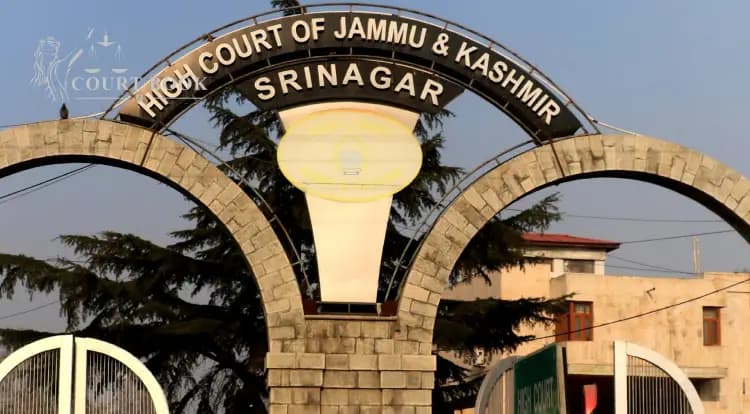The Jammu & Kashmir High Court reaffirmed that government employees cannot alter their date of birth in service records after a five-year period from submitting their credentials. The ruling came in the case of Ghulam Nabi Sofi v. State of J&K and Others, where the appellant sought to revise his birth year from 1953 to 1958 to extend his service tenure.
Background
Ghulam Nabi Sofi joined the Forest Department in the 1970s, submitting a matriculation certificate listing his birth year as 1953. Decades later, he claimed his actual birth year was 1958, arguing that his illiterate parents had incorrectly recorded it. He presented school records of his elder brother and a medical board certificate to support his claim. However, both the trial court and appellate court dismissed his suit, citing procedural delays and improbabilities in his assertions.
Read Also:- Payment of Gratuity Act | Criminal Conviction Not Required for Gratuity Forfeiture: Supreme Court
The High Court emphasized that Sofi’s case was governed by the J&K Civil Services Regulations 1956. Rule 35-AA explicitly bars alterations to date of birth after five years of entry into service unless a clerical error is proven. Justice Vinod Chatterji Koul noted:
“A person applying for a government job cannot claim ignorance about the credentials they submitted. The date of birth, once recorded based on valid documents like a matric certificate, becomes final.”
The court highlighted that Sofi had signed his service book thrice, accepting the 1953 birth year. Crucially, he never sought corrections within the mandated five-year window.
The judgment underscored logical inconsistencies in Sofi’s claim. If his birth year were 1958, he would have been 12 years old when obtaining his Class 10 discharge certificate in 1970—a scenario the court deemed “highly improbable.” At the time, students needed to be at least 16 to appear for matriculation exams. Justice Koul remarked:
“A child from an illiterate family reaching Class 10 at age 12 defies common sense. This casts doubt on the credibility of the appellant’s claims.”
While Sofi relied on a medical board’s age determination, the court ruled such evidence insufficient. It cited Supreme Court precedents, including Union of India v. C. Rama Swamy (1997), which held that service records cannot be altered decades later, even with new evidence. The bench stated:
“Courts cannot grant relief solely because original records might be incorrect. Stability in service records is paramount for administrative integrity.”
Dismissing the appeal, the court upheld the lower courts’ rulings. It stressed that allowing such changes after 40 years would set a harmful precedent, encouraging employees to manipulate records for extended benefits.
Appearance
For Appellant: Mr. M.Y. Bhat (Senior Advocate) with Mr. Sajid Bhat (Advocate)
For Respondents: Mr. Mir Majid Bashir (Advocate) and Mr. Jehangir A. Dar (GA)
Case-Title: Ghulam Nabi Sofi VS State of J&K, 2025














